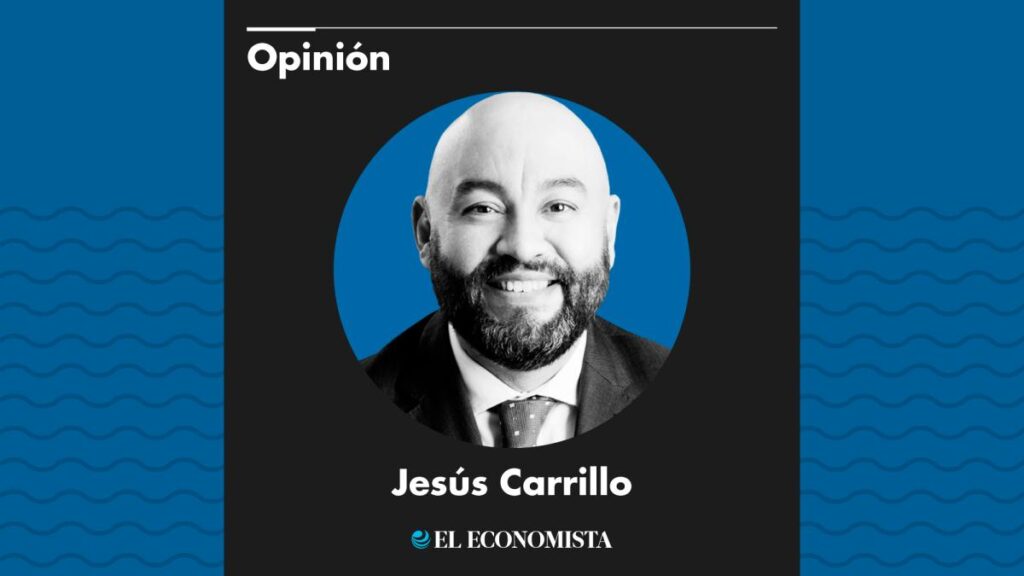Introduction
Pope Francis has been a subject of much discussion lately, with opinions ranging from labeling him as a “communist” to a “reactionary infiltrator.” It’s common to try and place him somewhere between the left and right, but these political categories fail to grasp a leader whose spiritual tradition predates modern ideologies.
The Roots of Francis’s Tradition
To understand Pope Francis, one must look to his sources: Nazareth, Loyola, and Assisi. The Christian faith is not merely a collection of moral lessons or a conduct manual; it’s the belief that the divine and human merged in a concrete life.
The Divine in the Human
This conviction, that the divine took human form, has had profound social and political implications. Concepts like caring for the sick, visiting prisoners, and loving enemies are not rules but fruits of this insight. To comprehend the Pope’s gestures and speeches, such as leaving flowers at the US-Mexico border or speaking about migrants who have perished, one must start here. For a migration and border security expert, it might seem naive; for Francis, it was an assertion that human dignity transcends borders, a stance he shared with John Paul II.
Influences: Loyola and Assisi
Being the first Jesuit Pope, Francis (Bergoglio) inherited a spirituality born in turbulent times: a broader world, more communicable, a fragmented Church, and emerging modernity. He learned from Ignatius of Loyola to read every context—times, places, and people—as sacred ground and mission territory.
Jesuit Tradition
The Jesuit tradition, with its multiple accents on central intuitions, has produced notable spiritual schools. Francis’s clear influences are Loyola and Assisi.
Theological Statement: Embracing Francis of Assisi
Naming himself after Francis of Assisi, a figure often regarded as “the other Christ,” was no light matter. In eight centuries, no Pope had chosen this name before. Francis of Assisi critiqued the Church’s opulence in an Europe blossoming with commerce, banking, and accumulation, choosing radical poverty when surplus was valued.
Assisi’s Influence
Francis’s vision of the world is concrete, not ethereal, drawing from Assisi’s mysticism. His two crucial encyclicals, “Laudato Si” and “Fratelli Tutti,” reference Francis of Assisi, highlighting his universal human focus as a leader of the Catholic Church.
Key Encyclicals: Environmental Care and Human Fraternity
“Laudato Si” calls for environmental care: “The urgent challenge of protecting our common home includes the concern that all human beings are truly one family and are called to banish the culture of waste.” “Fratelli Tutti” invokes human fraternity, transcending geographical and spatial barriers: “I dedicate this social encyclical as a humble contribution to reflection so that, in the face of various and current forms of eliminating or ignoring others, we may be able to respond with a new dream of fraternity and social friendship that does not remain merely words.”
Unity in Diversity: Francis’s Pontificate
Francis’s legacy draws from the poverello of Assisi, not figures like George Soros, the UN, or the São Paulo Forum. His message resonated because he spoke of universal humanity as a leader of the Catholic Church.
Key Questions and Answers
- What is Pope Francis’s legacy? His legacy is rooted in the teachings of Francis of Assisi, emphasizing environmental care and human fraternity.
- Why is naming himself after Francis of Assisi significant? It’s a theological statement, signifying a rejection of the Church’s opulence in favor of radical poverty, reflecting Francis of Assisi’s own life choices.
- What are the key themes in Pope Francis’s encyclicals? “Laudato Si” focuses on environmental care, while “Fratelli Tutti” calls for human fraternity transcending geographical boundaries.






